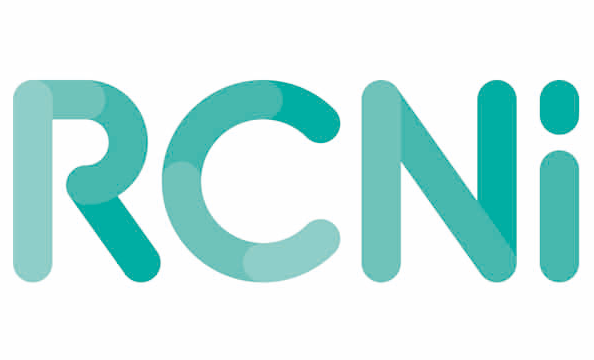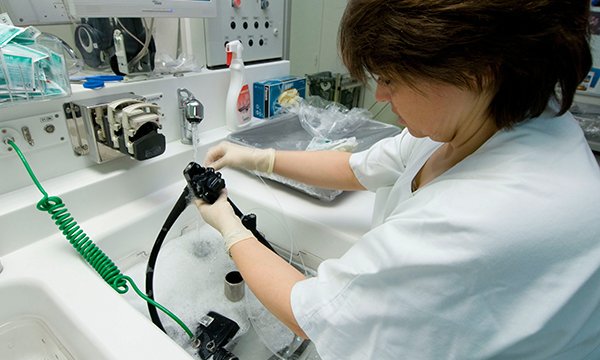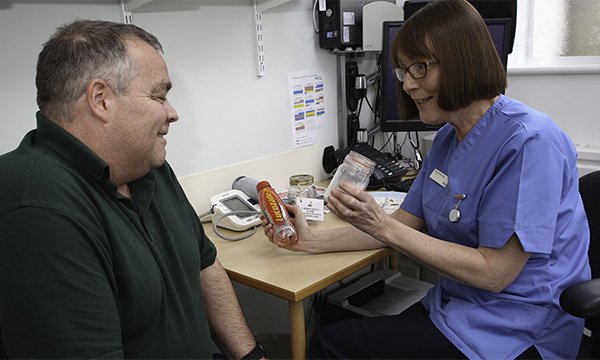Role of the addiction clinical nurse specialist in acute hospital settings
Why you should read this article: • To learn about general nurses’ experiences of caring for patients who misuse substances • To understand what the role of addiction clinical nurse specialist (ACNS) entails and its benefits • To recognise the potential barriers to implementing the ACNS role in hospital settings Background The role of an addiction clinical nurse specialist (ACNS) is focused on individuals who misuse drugs and alcohol, and several benefits of the role have been identified in the literature. When people who misuse substances are admitted to acute general hospitals, there is an opportunity to engage with them and ensure they access support services to facilitate their recovery. Aim To determine general nurses’ experience of caring for patients who misuse substances, and to gauge nurses’ views on the implementation of an ACNS role in an acute general hospital. Method This study used a qualitative design involving online interviews with 11 hospital nurses. Findings Many participants felt that an ACNS could provide them with education and support around substance misuse, while also advocating for patients who misuse substances, reducing stigma and enhancing patient care. Conclusion Participants indicated several benefits to implementing an ACNS role in their hospital, such as ensuring that patients who misuse substances experienced continuity of care which began at admission, was followed-up during inpatient stays and was maintained in the community.










